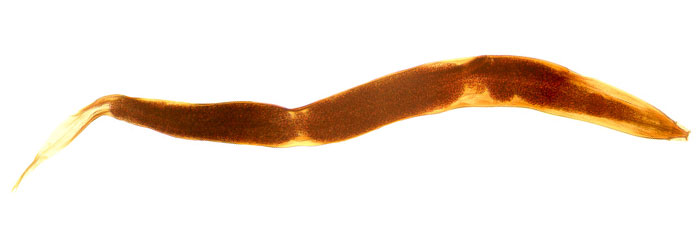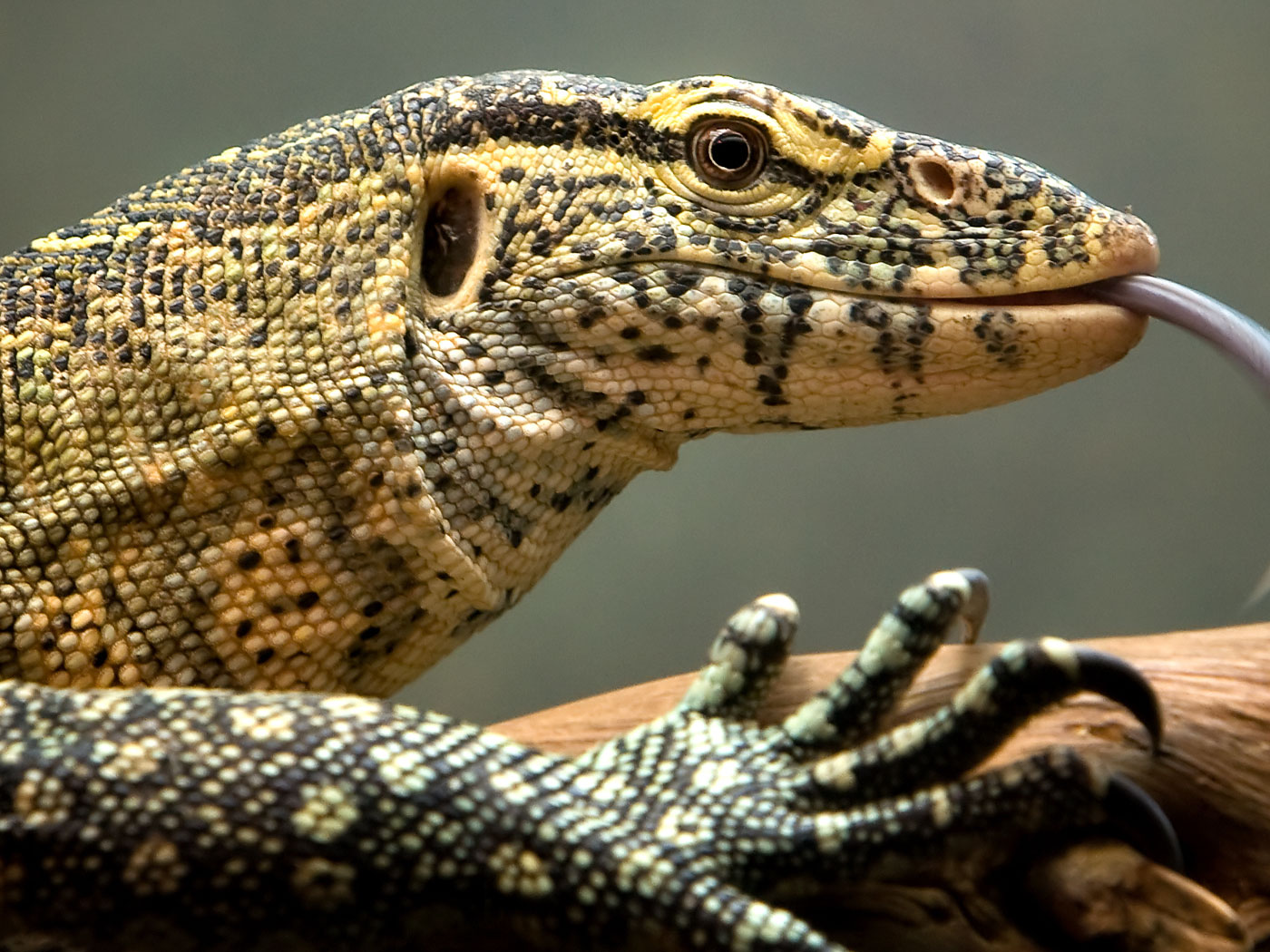Parasites are a topic that often makes people cringe. Some like to use parasites as an argument against creation, because after all, how could a good God create “bad” organisms like these?
According to biologist Ralf Sommer, “Infective larvae evolved from dauer larvae.”1 Sommer and his German research team recently analyzed roundworm biochemicals. Their findings don’t really exemplify onward and upward macroevolutionary progression, but rather demonstrate adaptation of a created kind in a fallen world.
Roundworms are tiny creatures that are abundant throughout the earth. Dauer larvae are a kind of dormant stage that many developing roundworms can enter when conditions are too unfavorable to moult into adults. The dauer larvae look very much like the parasitic stage in the life cycle of other roundworms that can infect mammalian hosts.
Researchers have been trying to establish a link between dauer and parasitic forms by looking for similarities in their molecules, and the German team believes it has found a connection. The scientists’ studies show that an infective roundworm (Pristionchus pacificus) and a non-infective one (Caenorhabditis elegans) have the same “core endocrine module,” a collection of genes called the DAF 12 system, that signals the organism to form a dauer larva instead of an adult.2
“Thus they found the first indication [other than visual similarity] that infective larvae originally evolved from dauer larvae,” according to a press release announcing the researchers’ conculsions.1 Dauer larvae can attach to hosts with the possibility of being carried to a more favorable environment. If at some point these larvae began to invade their carriers, searching for better living conditions, then they changed from benign dauer larvae into infective parasites.
There was no evolutionary upward progression: They did not “evolve” new organisms, new organs, or even new and useful molecular signaling pathways. Rather, they really “devolved,” or at best exercised pre-ordered options to perform lateral variations. These variations involve mixing and matching, but not inventing any new, core biological systems.3
According to the Bible, roundworms created during creation week were originally “very good.”4 This must mean that any form of parasitism that harms the host did not then exist, but has since developed as a result of the world’s fallen condition. So, if God is good, why did He create parasitic roundworms? Evolutionary scientists have answered this for us: He didn’t. The parasitic worms were once benign, just as Scripture indicates.
References
- Novel Findings on the Evolution of Parasitism. Max Planck Institute for Developmental Biology press release, January 13, 2009.
- Ogawa, A. et al. 2009. A Conserved Endocrine Mechanism Controls the Formation of Dauer and Infective Larvae in Nematodes. Current Biology. 19 (1): 67-71.
- Thomas, B. What Spurs Evolution: the Old or the Young? ICR News. Posted on icr.org October 17, 2008, accessed January 22, 2008.
- Genesis 1:31.
* Mr. Thomas is Science Writer.
Article posted on February 2, 2009.














